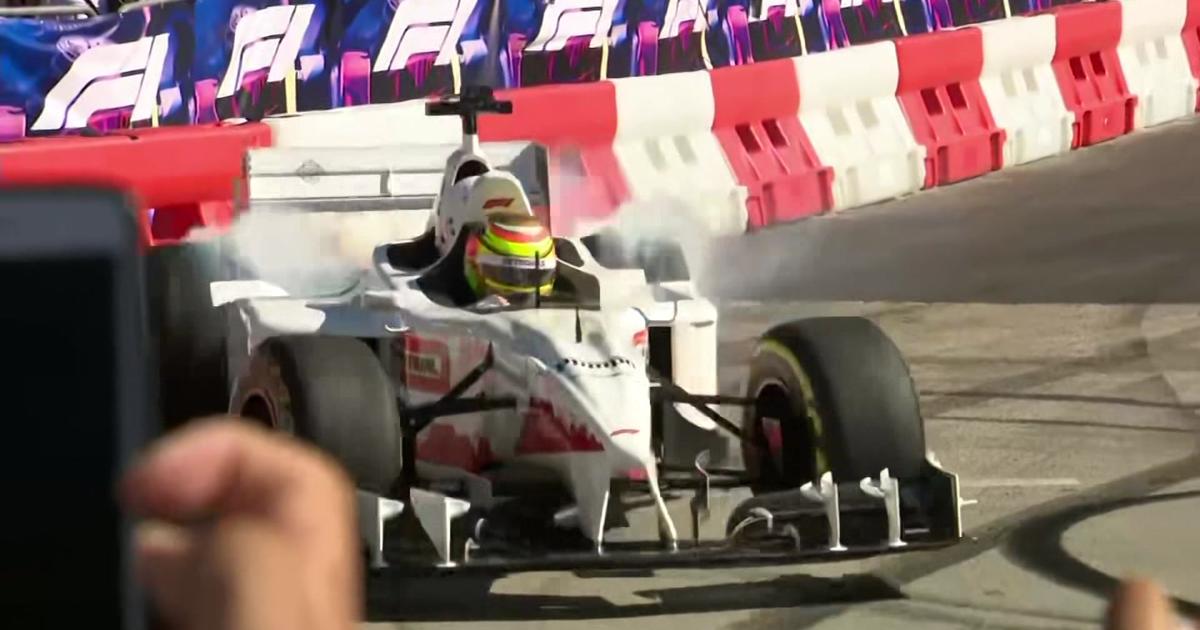FAU Robo-Pup Named Astro Described As 'First Of Its Kind In The World'
MIAMI (CBSMiami) - The latest breakthroughs in artificial intelligence are happening here in South Florida.
They're taking on the form of a robotic dog named Astro!
A team of professors at Florida Atlantic University say, right now, he's just a "robo-pup," but they say the work they're doing is the first of its kind in the world.
He's the brain pup of a team of experts at Florida Atlantic University, in fields like Mathematics, Software, Engineering, and even Psychology.
A handful of other four-legged robots like this exist around the globe, but Astro is a different breed.
"In terms of having the head and the eyes and the ears and the AI [artificial intelligence] brain we're building, this is the only unit in the world like this one," says William Hahn. He's an assistant Mathematical Sciences professor and co-director of FAU's Machine Perception and Cognitive Robotics Lab.
Astro is the first of these robots to have a head, complete with a computerized brain. In other words, unlike a typical robot programmed to do a repetitive task, Astro will be trained, essentially learning to respond to images and situations.
"Just like a newborn baby learns how to speak and learns how to read your emotions, Astro has to learn that," explains Elan Barenholtz, an associate professor in the FAU Department of Psychology. "So this new kind of artificual intelligence depends on a simulation of brain that's actually living inside Astro."
Made of airplane-grade aluminum and 3-D printed parts, the 100-pound robot dog contains six different computers and other features.
"He actually has a bunch of cameras," says Hahn. "One on his nose, two right here, and then he's actually got millimeter length imaging, which is almost like a radar, so it can see through doors."
Astro is the result of about nine months of work so far. Right now, he can look around, walk, talk, and respond to voice commands like sit, stand, and lay down.
"Besides being able to see and hear, he's going to have gas sensors to detect things in the environment," says Barenholtz. "He might be able to smell whether there are explosives. He also may be able to tell if someone has some sort of medical condition."
As far as his current capabilities, Astro is still very much a "puppy," but the team is excited by the potential.
"I think what FAU started will hopefully spread. If it does, we will see things like this becoming very normal," says Pedram Nimreezi, Director of Intelligent Software.
The work is funded by a private company called Astro Robotics.
The team at FAU says they have an "open door policy" when it comes to Astro, inviting students of any area of study-- not just robotics-- to contribute their skillsets and ideas.
They hope to have Astro featured at an upcoming football game.



